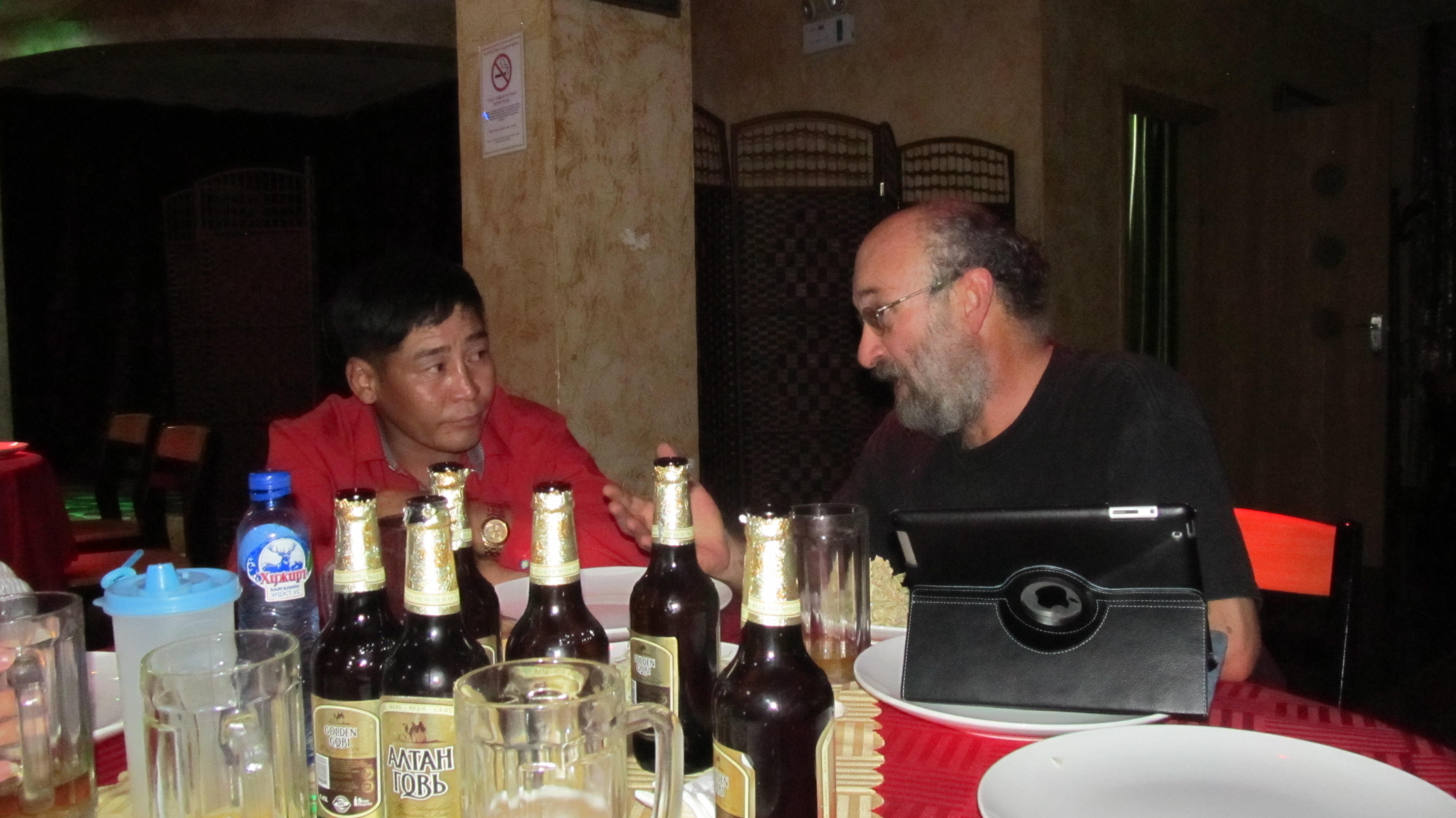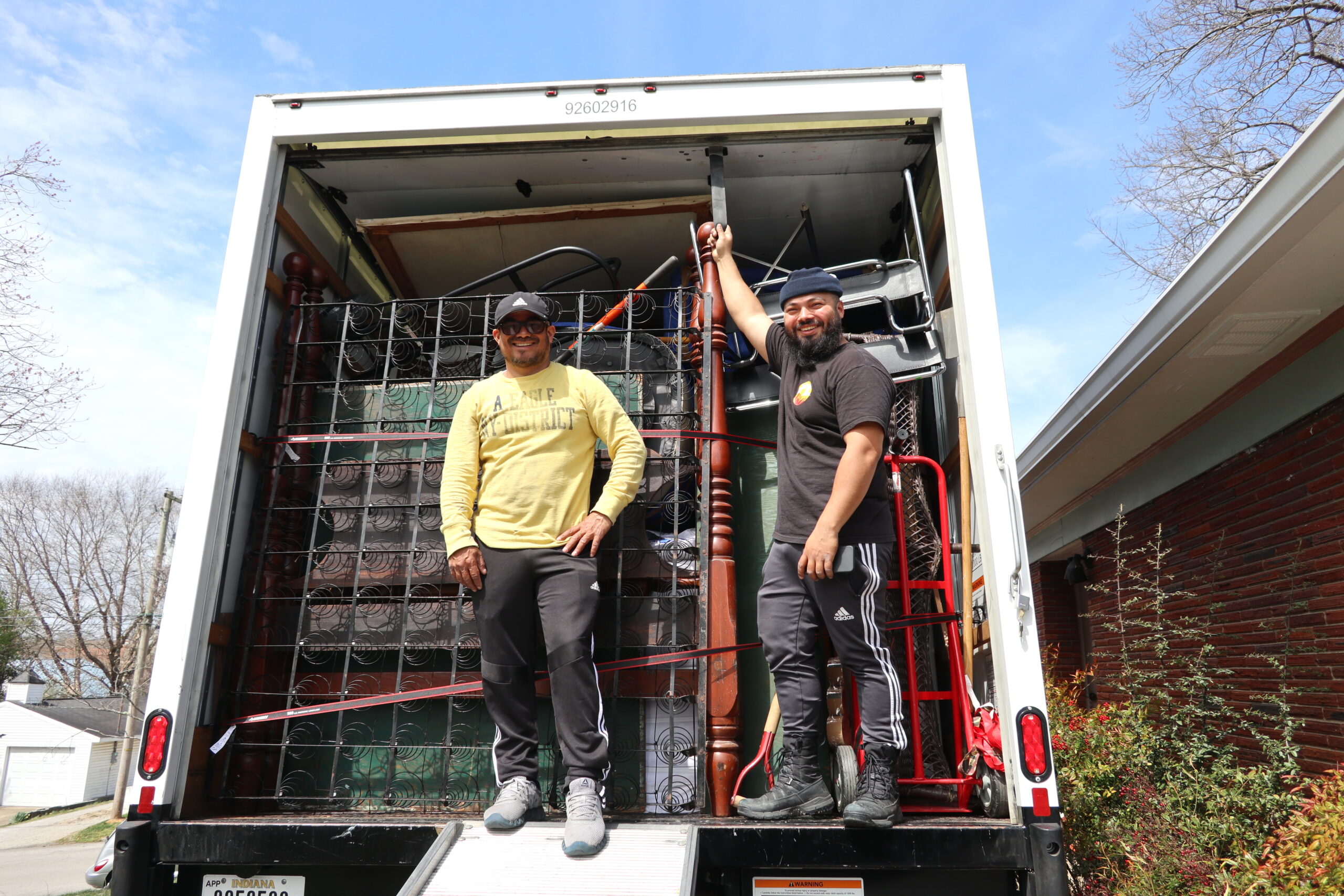Pharrell Williams was born and raised in Virginia Beach, Virginia, where his friends and family knew from his earliest days as a percussionist in the school band, and his singing performances in school plays, that the artist with the top song on worldwide pop charts for the last 10 weeks would amount to something rare. Even before Pharrell posted the ‘Happy’ dance video last October, he’d won seven Grammy Awards for songwriting, production, and performance, composed the soundtrack to Despicable Me and its sequel (which included ‘Happy’) and performed, produced, or composed alongside an A list of pop stars ranging from Beyonce’ to Miley Cyrus to Robin Thicke to Kanye West and Snoop Dogg.
With the ‘Happy’ video, and the enormous reach of the wired world, Pharrell has transcended boundaries of geography, class, and ideology. ‘Happy’ displays the powerful influence of music, verse, and video to attract and inspire a global audience. And though ‘Happy’ asks no more of its viewers than to laugh, dance, clap, lipsynch, and produce a video for YouTube, it proves just how quickly people, especially young people, can shape a global movement when they’re motivated.
On Christmas Day 2013 ‘Happy’ had 5 million views on YouTube. By May 10, 2014, it had 232 million views. Young people from nations on six continents had posted their own versions, many of which had attracted hundreds of thousands of views.
Now imagine, just for a minute, if that kind of global community could be called to come together to act on trends in a way that would make us just as happy.
One of the powerful unarticulated messages of ‘Happy’ is that it recognizes, ever so obliquely, that the world and its human community is a bit lost, what Pharrell describes as “a room without a roof.” His solution, emphatically stated, is “happiness is the truth.”
Pharrell doesn’t connect the two, a deliberate homage to his mostly young fans. The Millennial Generation has been raised with such overwhelming awareness of danger — mass murder, economic meltdowns, climate change, terrorism, inflexible ideology, and political gridlock — that they’ve turned inward. The evolution they feel comfortable pursuing is in themselves and their relationships with a select community of friends.
The idea of a larger national community acting in unison to act on big ideas is viewed as naive and impossible. The idea of a nation, even, is met with I’ve-seen-and-heard-it-all lip curls. That’s as true in India, Australia, China, Mongolia, the Arabian Gulf, and Europe as it is here in the United States. IWT. I was there.
Consider that in the early 1980s one of the anthems of our generation was Bruce Springsteen’s ‘Born in the USA,’ a lament for Vietnam war vets dismayed at the deindustrialization of America. Springsteen’s song is a warning about a country at the start of its steady descent.
Contrast that with one of the Millennial Generation’s anthems, Lady Gaga’s ‘I Was Born This Way.’ Gaga’s masterpiece is a proclamation of individualism and self-worth, a fist raised against national values and societal expectations. “Rejoice and love yourself today,” writes Lady Gaga, “cause baby you were born this way.”
The place where the two anthems meet is at the intersection of what defines happiness. In Springsteen’s version it’s a nation that cares to provide useful work. In Lady Gaga’s song it’s confidence and moxie.
Now imagine drawing those factors together to inspire people to achieve the enduring happiness they seek in this century. That will take engagement and acting as a global community. The big challenges can be solved, whatever they are. My list encompasses drastically accelerating clean energy development, pushing the fossil fuel industry out of the halls of political power in world capitals, producing a new pragmatism in managing global economies, and inventng new definitions of what constitutes “the good life.” The Earth is pushing back hard now. It isn’t allowing 20th century practices to continue in the 21st century.
‘Happy’ is powerful evidence that the software (lyrics, music, a celebrated talent) and hardware (video production, digitization, global wired network) are in place to attract a mass global audience to produce a common response. Our challenge is to deploy the same creative and technical infrastructure to inform, inspire, and fuel new engines of development that make the planet much, much safer.
— Keith Schneider


Keith,
This is an absolutely fabulous what-if, hopeful and intriguing… desperate yet still possible…we have everything to lose but nothing to lose by trying, so let’s all go for it…
Where is the “share” mechanism on your blog? I’d like to re-post this on Mother’s Day and ask others to share it.